Today we are taking a look at the PNY CS1030 1TB SSD. If the previously reviewed CS2130 was PNY’s mainstream drive, the CS1030 is their entry level NVMe offering. When we looked at the CS2130 we were not impressed, which makes the prospect of an even lower-performing drive somewhat frightening. With that said, the CS1030 does not share much in common with the CS2130, so we will judge it on its own merits. Our initial apprehension was met with a pleasant surprise.
PNY CS1030 1TB NVMe SSD
The PNY CS1030 1TB comes in a single-sided M.2 2280 (80mm) form factor.
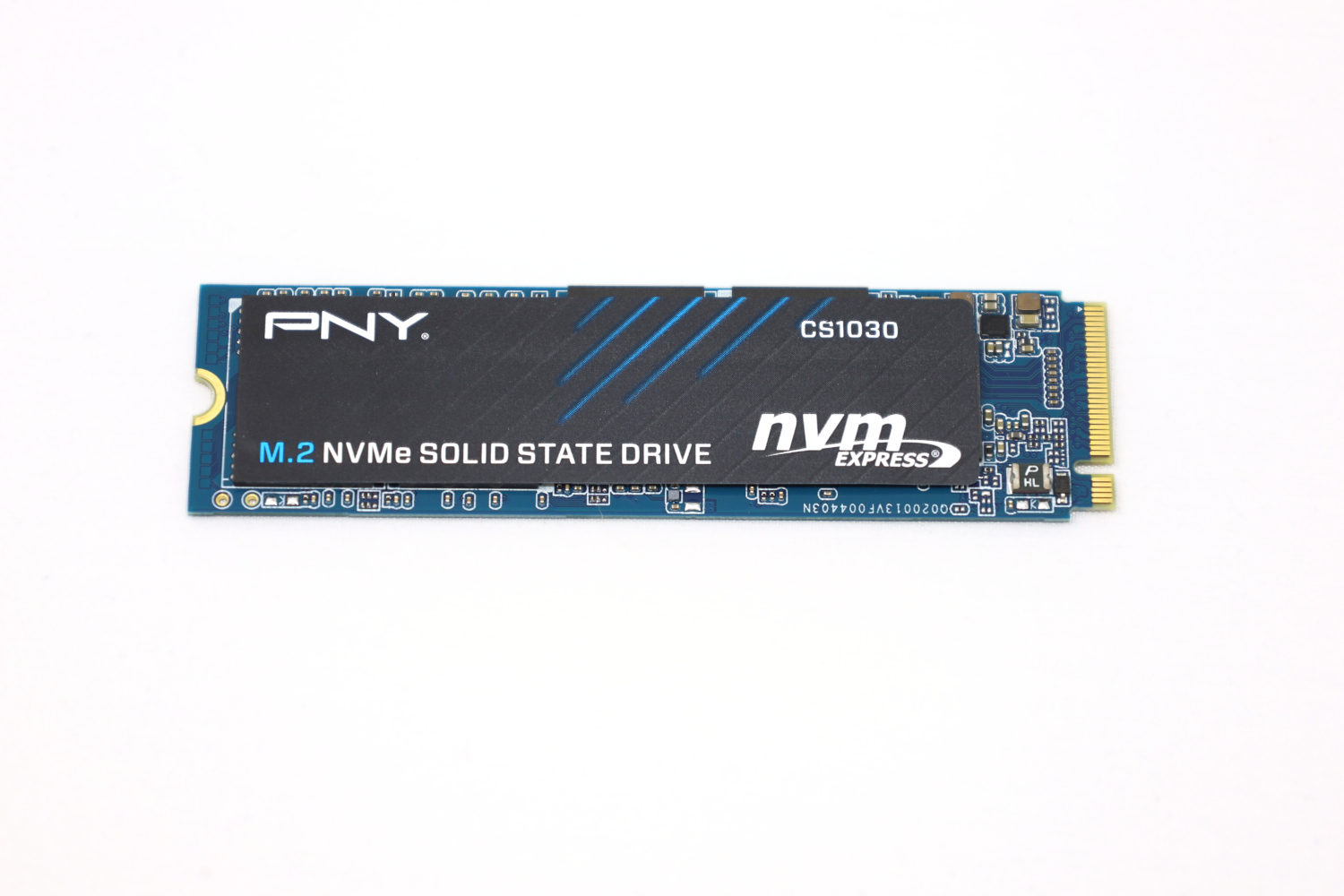
Beneath the product label are the Phison PS5013-E13-31 and four NAND packages. This is a DRAM-less drive and relies on Host Memory Buffer (HMB) technology to mitigate the lack of a DRAM cache. The NAND on the CS1030 appears to come from Yangtze Memory Technologies Co (YMTC) and is TLC.
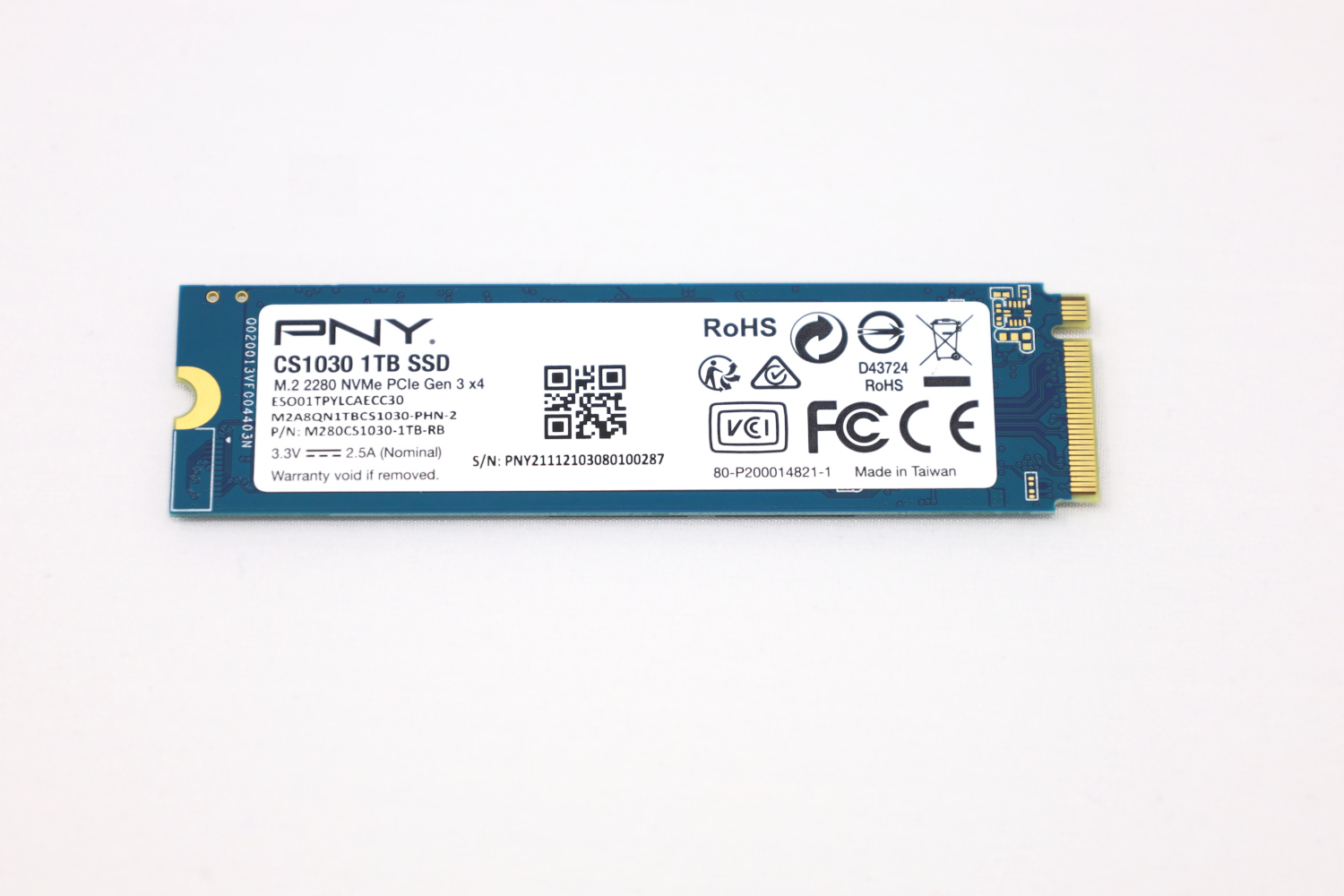
Since this is a single-sided drive, the back has nothing but a product label.
PNY CS1030 Specs
The PNY CS1030 line of SSDs is available from 250GB to 2TB.
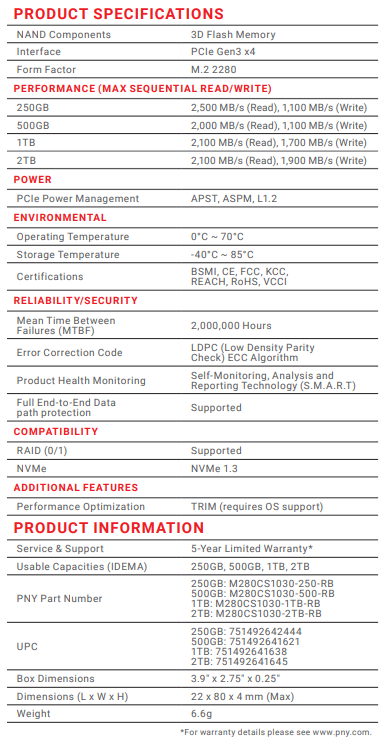
The 1TB drive we are looking at is in the middle of the product stack, but all of the CS1030 models advertise relatively modest performance specifications for a PCIe 3.0 SSD. A rated sequential read speed of 2100 MB/s and read speed of 1700 MB/s will not win any awards but will be plenty enough for common client workloads.
Repeating a gripe from the PNY CS2130 review, the PNY CS1030 line of drives suffers the same lack of transparency with regards to the specs on the drive. With that said, while I still wish PNY would advertise the type of NAND in use simply for clarity’s sake, the use of TLC on the CS1030 partially excuses this drive from some of the criticism for the CS2130, which was based on QLC. TLC is the ‘standard’ for mainstream and high-performance drives at this point, so it is somewhat more excusable not to make note of it.
What does still stand as a complaint is the lack of disclosure for the rated endurance. You will notice that on the spec sheet the only rated endurance number is the MTBF. PNY happily provided endurance information for the CS3040 we previously reviewed, so we know they can provide this information when it suits them. Upon inspection of the product sheets for a number of their other SSD products, it seems that PNY commonly omits the write endurance spec for their drives. I took the step of reaching out to PNY’s support to inquire as to the rated endurance, and they were unable to provide me with a number, saying only that the warranty was for five years. Perhaps this means PNY is prepared to warrant their drives for unlimited writes in a five-year period? Inquiring minds want to know. Either way, no NAND lasts forever and so not providing some idea of the expected lifetime endurance is still a mark against this drive in my book.
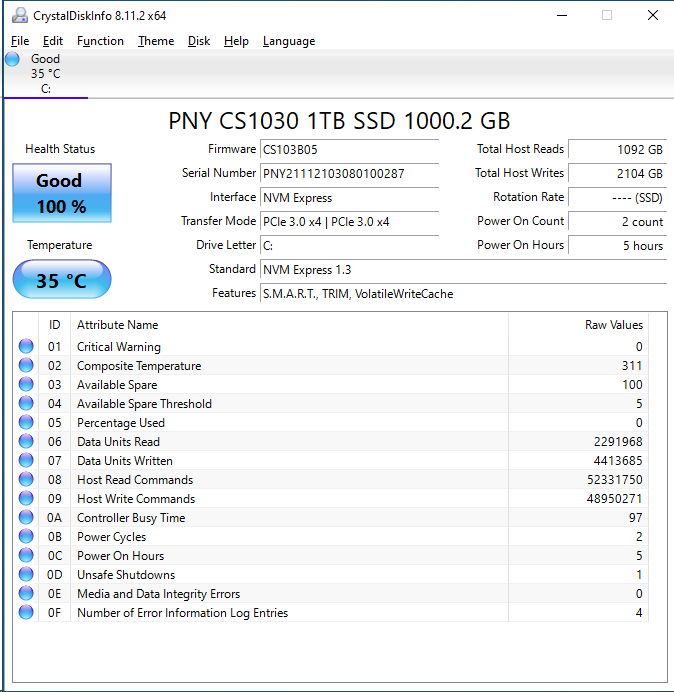
CrystalDiskInfo can give us some basic information about the SSD, and confirms we are operating at PCIe 3.0 x4 speeds using NVMe 1.3.
Test System Configuration
We are using the following configuration for this test:
- Motherboard: ASUS PRIME X570-P
- CPU: AMD Ryzen 9 3900X (12C/24T)
- RAM: 2x 16GB DDR4-3200 UDIMMs
Our testing uses the PNY CS1030 1TB as the boot drive for the system, installed in the M.2_1 slot on the motherboard. The drive is filled to 85% capacity with data and then some is deleted, leaving around 60% used space on the volume.
Next, we are going to get into our performance testing.

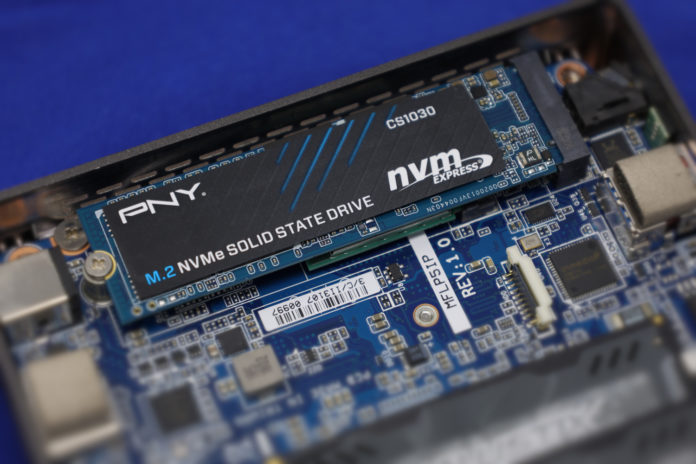
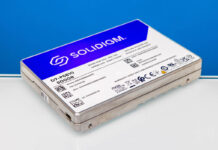
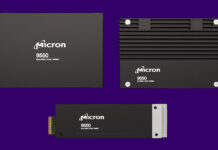
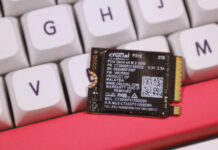
I’m honestly kind of amazed.
Not that SSDs vary widely and vendors can be pretty cagey about specs; but that PNY somehow ended up building or badging two of their products in basically the wrong order.
If they had called this one “CS2130” and the other once “CS1030”, with prices swapped accordingly, everything would have been more or less fine. But no.
Just a rebadging accident? Shocking indifference to benchmark results that they shouldn’t have much difficulty generating? Some sort of messy product lifecycle alignment that kept them from releasing the product they really wanted for the CS2130 slot but let them do something nice for the CS1030 slot?
How does it warrant a 8.5/10 with unknown/undisclosed endurance?
Todd,
Because PNY is still standing behind their 5 year warranty. In theory a 5 year warranty with no endurance enforcement is actually better for consumers than one that has an endurance clause on it.
I still want to know the endurance rating because that helps me understand the intensity of use a drive is designed to endure, as well as can help provide some idea of an ‘expected lifetime’ for a drive outside of the scope of the warranty. But from PNY’s perspective, they’re selling you a drive they guarantee will last 5 years, and there’s no reason to expect otherwise just because they do not provide an endurance rating.
Good for Chia then.
“PNY somehow ended up building or badging two of their products in basically the wrong order.”
Given that PNY are deliberately opaque both to the specifications of these devices, and to their endurance guarantees, I think it’s reasonable to ask whether either of these are actually fixed, or instead whether they depend on whatever components PNY use this week. So whilst in this round of testing the cheaper device out-performed its supposed better, who’s to say that a different pair of devices purchased in a month’s time won’t see the performance figures (and the use of TLC vs QLC) reversed ?
Without more confidence than PNY have provided that that’s not the case, I’d consider both PNY devices as a hard avoid
The endurance rating on CS1030 2TB is apparently 480 TBW. I would assume that the 1TB rating is half that (240 TBW) assuming they use the same NAND. This information comes from a manufacturer answered question on Amazon.
The endurance specs are listed on the PNY warranties page:
https://www.pny.com/company/support/solid-state-drives
https://www.pny.com/file%20library/company/support/product%20brochures/solid%20state%20drives/solid-state-drive-warranty_v5.21.2021.pdf
250GB 150TBW
500GB 110TBW
1TB 240TBW
2TB 480TBW
Yes, the 500GB has a lower absolute endurance rating than the 250GB. And yes, these are rather pitiful.
Unfortunately I think you may have missed something major. If you fill the drive, with a continuous write you will start out at 1.7GB/s … which almost immediately drops to 430MB/s … but after ~500GB (on an empty 2TB drive) you will quickly drop to 75MB/s. At least this is what I saw on my testing, and what I have seen others report too. I suspect this is a QLC drive — one would think that PNY certainly would advertise if it was TLC! The 2TB drive is currently selling for a bargain basement $200 AUD, which is a paltry $145 USD. I would suggest doing more extended continuous write testing.
I used Disk Tools by Tahionic.com to do my write filling, and DiskMark by NetworkDLS for other continous write testing.
I pulled the label off my CS1030 drive. It has QLC flash. ♂️ Come on PNY….
How can you review an SSD without mentioning TBW? This guy always misses the obvious.